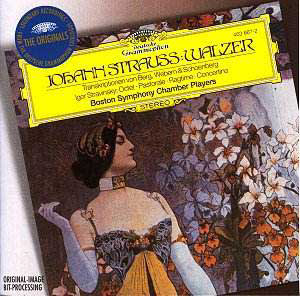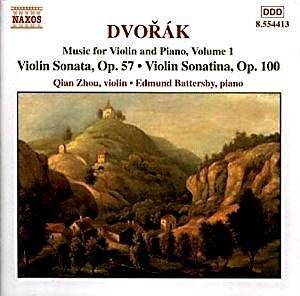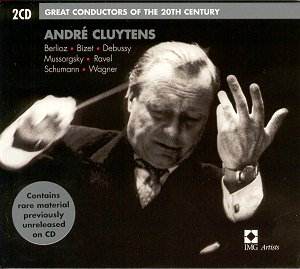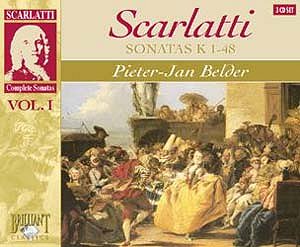 Composer: Johann Strauss II (1825 – 1899)
Composer: Johann Strauss II (1825 – 1899)
Works: Kaiser-Walzer, arr. Arnold Schoenberg; Rosen aus dem Suden, op. 388, arr. Arnold Schoenberg; Wein, Weib und Gesang, op. 333, arr. Alban Berg; Schatz-Walzer, op. 418, arr. Anton Webern; Igor Stravinsky: Octet for Wind Instruments (1923/1952); Pastorale for Violin and Wind Quartet (1934); Ragtime for Eleven Instruments (1918); Concertino for Twelve Instruments (1952)
Performers: Boston Symphony Chamber Players
Recording: Symphony Hall, Boston, April 1975 (Stravinsky) and April 1979 (Strauss)
Label: Deutsche Grammophon 463 667-2
The juxtaposition of Johann Strauss II’s effervescent waltzes and the avant-garde sensibilities of the Second Viennese School presents a fascinating conundrum, one that this recording exquisitely navigates. Strauss, the quintessential embodiment of Viennese charm, crafted music that is both joyous and structured, while Schoenberg, Berg, and Webern—through their radical arrangements—reveal an undercurrent of intellectual rigor beneath the surface gaiety. The historical context of these arrangements lies in Schoenberg’s Society for Private Performances, an initiative that sought to elevate the discourse around music by presenting innovative works alongside established classics. The resulting transcriptions serve not only as a homage to Strauss but also as a vehicle for exploring texture and harmony in ways that would align with Schoenberg’s progressive ideals.
The performances themselves, delivered by the Boston Symphony Chamber Players, demonstrate a remarkable finesse that brings out the inherent beauty of Strauss’s melodies while allowing the new arrangements to shine. The reduction to a more intimate ensemble—piano, string quartet, and winds—creates a transparency that enhances the charm of these beloved waltzes. For instance, in “Rosen aus dem Suden,” the arrangement strips away the orchestral gloss to expose the intricate counterpoint beneath, revealing each phrase’s graceful arcs. The interpretation breathes new life into the music, as the players navigate the subtleties of dynamics and articulation with a palpable sense of joy and refinement.
On the technical side, the recording quality is commendable, capturing the warmth and clarity of the ensemble’s sound. The balance between instruments is well-managed, allowing for the distinct timbres of each part to emerge without overshadowing the others. The space of Symphony Hall is utilized effectively, providing an ambiance that enhances the listening experience while maintaining an intimate connection with the performers. This clarity is particularly evident in the “Schatz-Walzer,” where the delicate interplay between strings and winds creates a tapestry of sound that is both rich and transparent.
When considering the Stravinsky works that complement the Strauss selections, one finds a stark contrast in style and intent. The “Octet for Wind Instruments,” while expertly played, lacks the emotional resonance that characterizes the waltzes, perhaps feeling a touch underpowered in its quieter passages. However, pieces like “Ragtime” and the “Concertino” showcase the ensemble’s agility, with keen attention to rhythm and phrasing that brings out the wit and complexity of Stravinsky’s writing. These performances are engaging, though they do not quite match the sheer delight found in the Strauss arrangements.
This recording stands out not merely for its intriguing program but for the way it elucidates the relationship between tradition and innovation. The Strauss waltzes, reimagined through the lens of the Second Viennese School, emerge as exquisite examples of how music can transcend its original context while retaining its essence. The Boston Symphony Chamber Players deliver a performance that is both technically impressive and deeply expressive, making this disc a compelling addition to the repertoire. The thoughtful interplay of Strauss’s lavish melodies and the stark clarity of the arrangements invites listeners to appreciate both the celebratory spirit of Vienna and the intellectual rigor of its modern interpreters.



